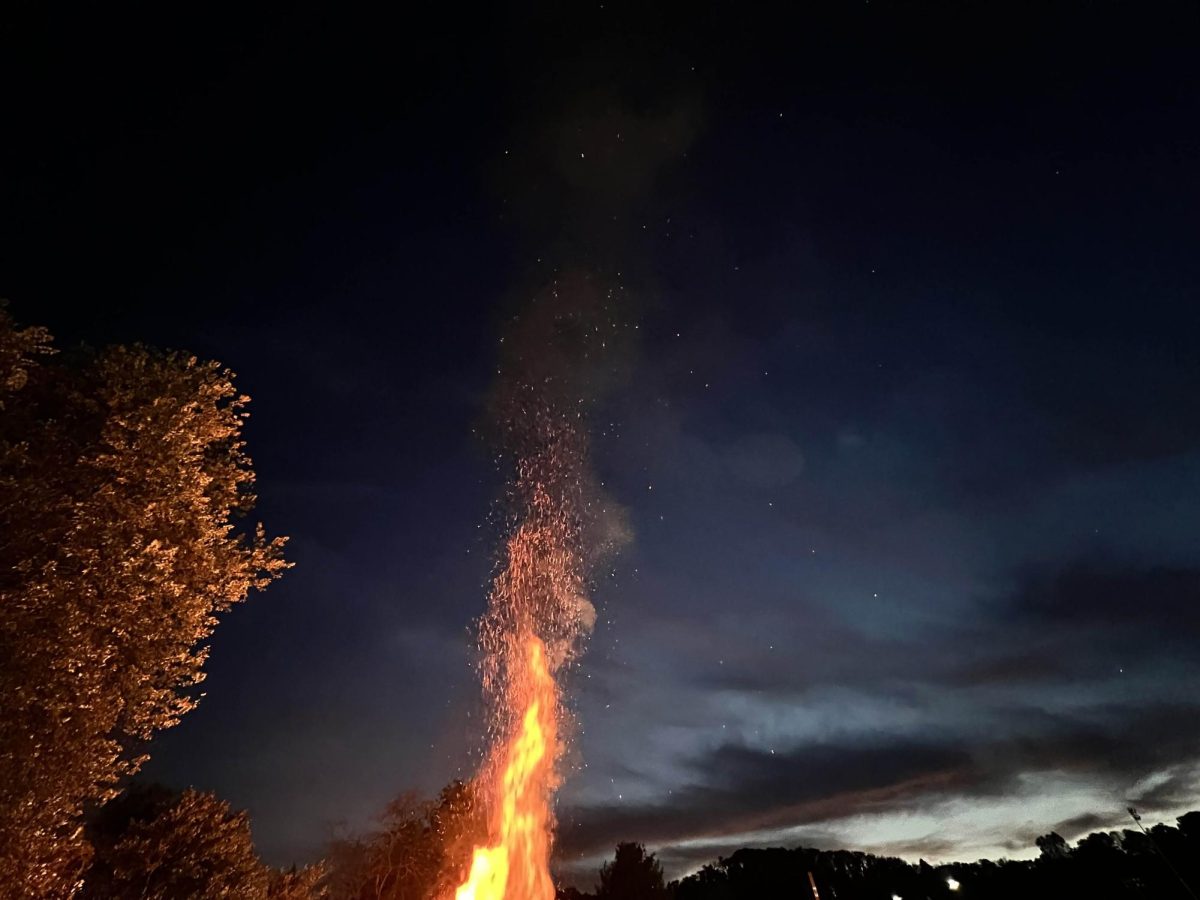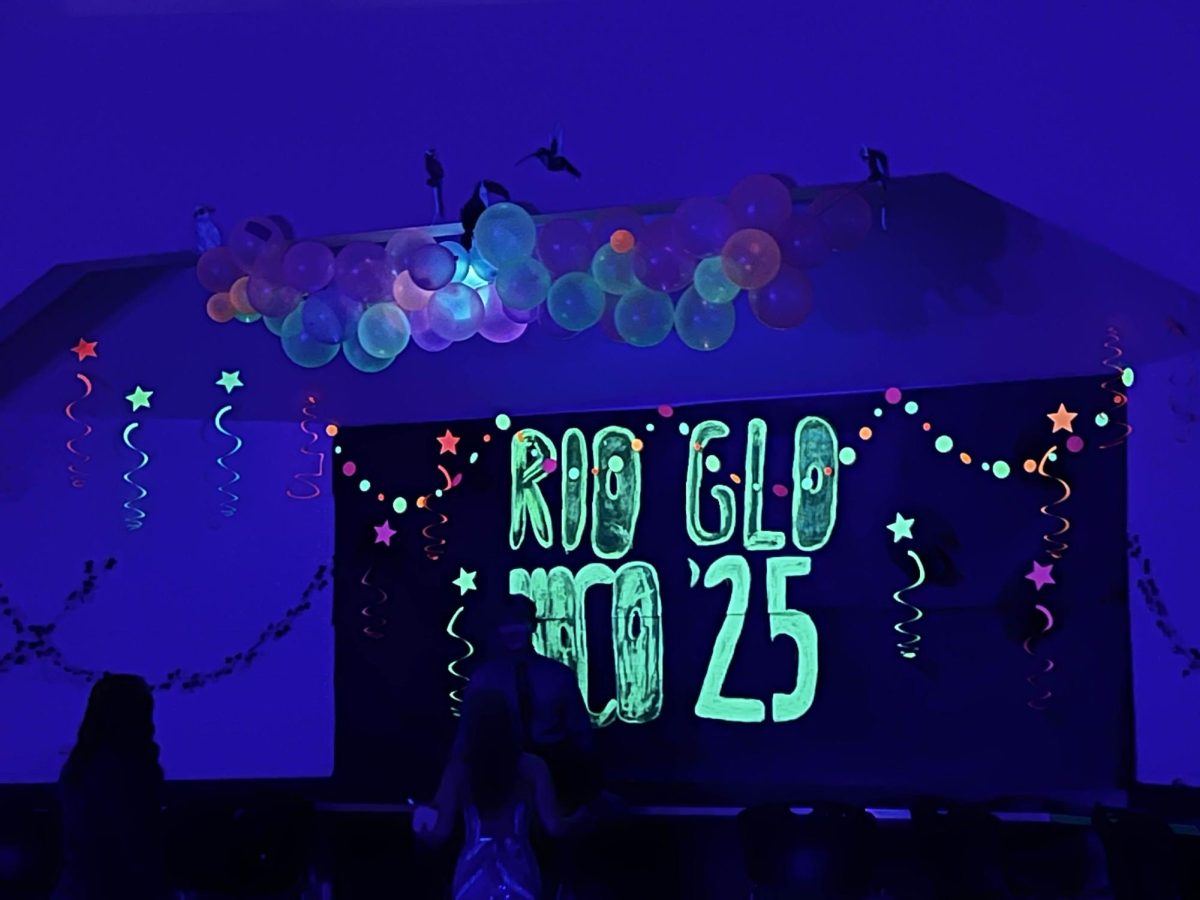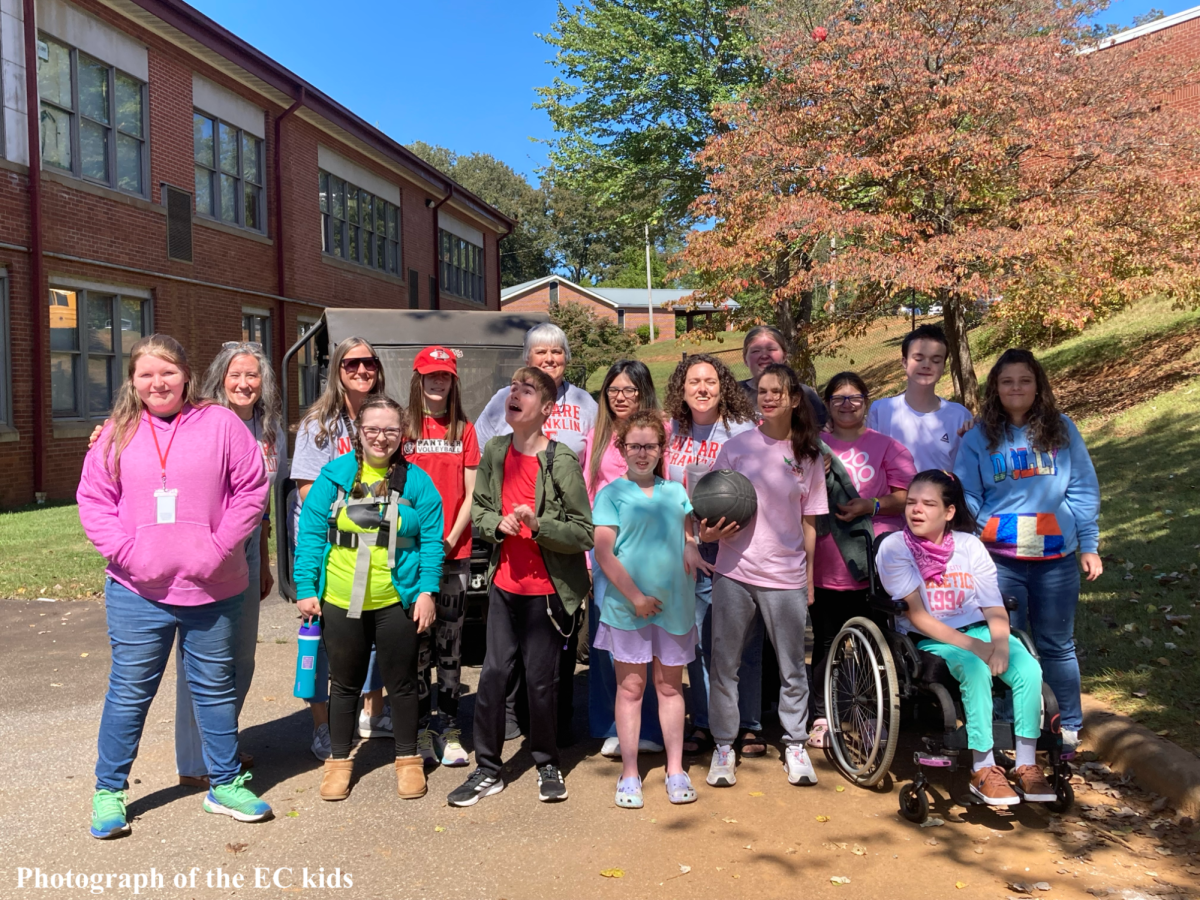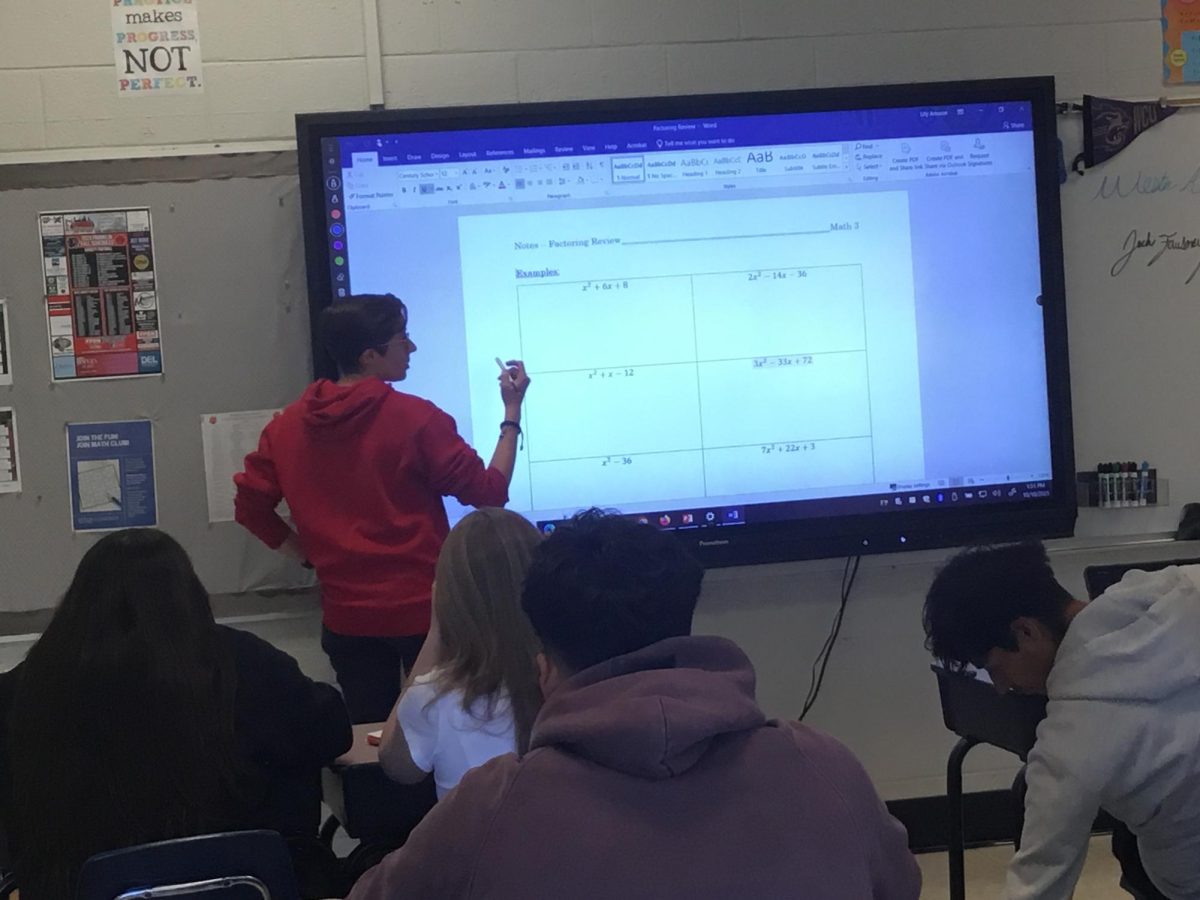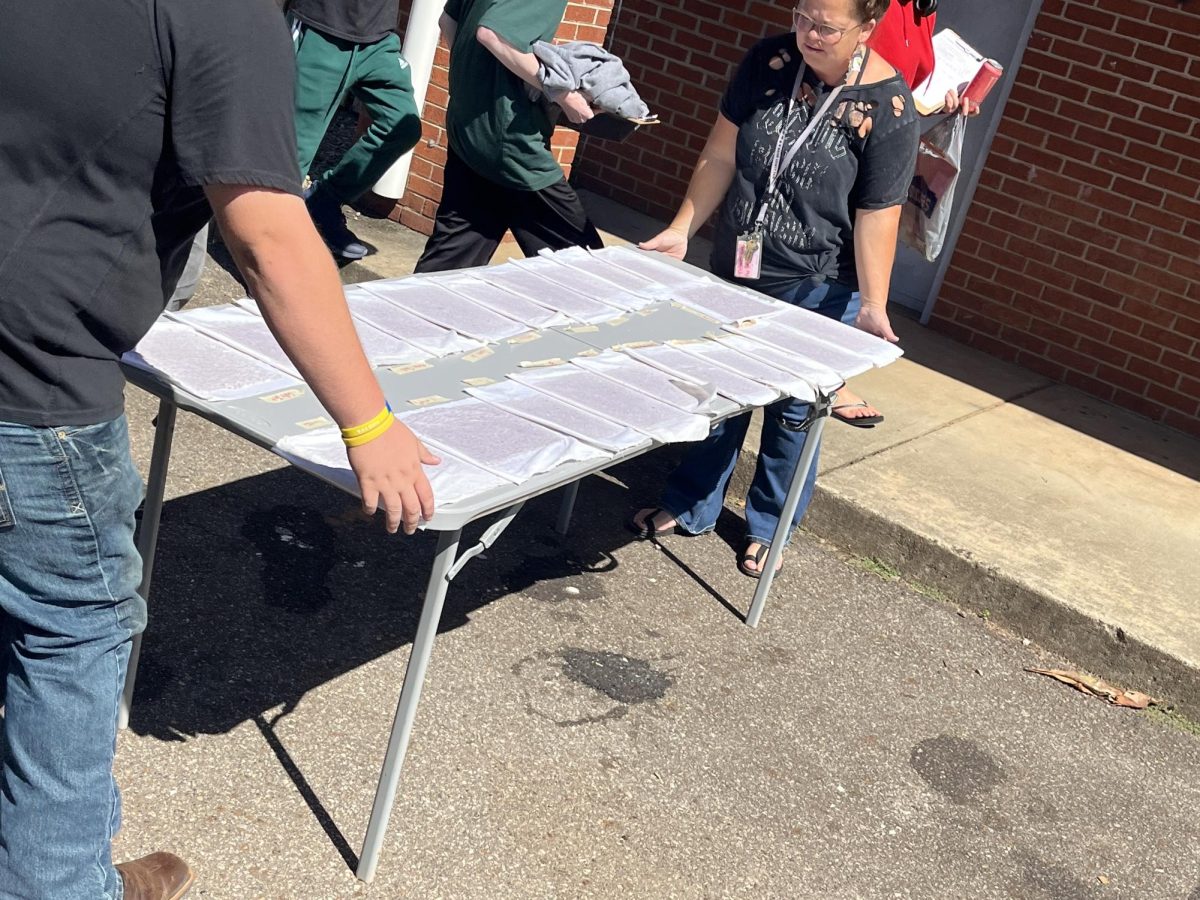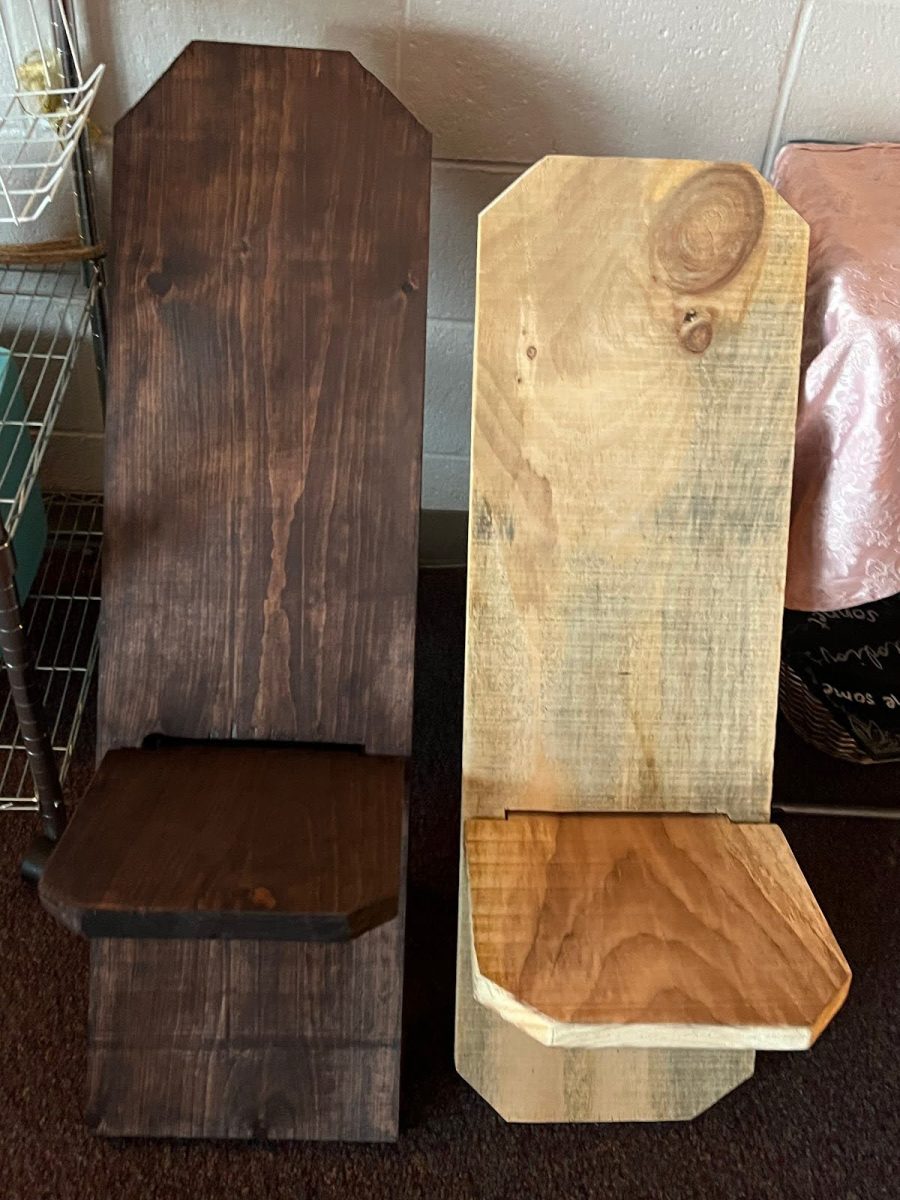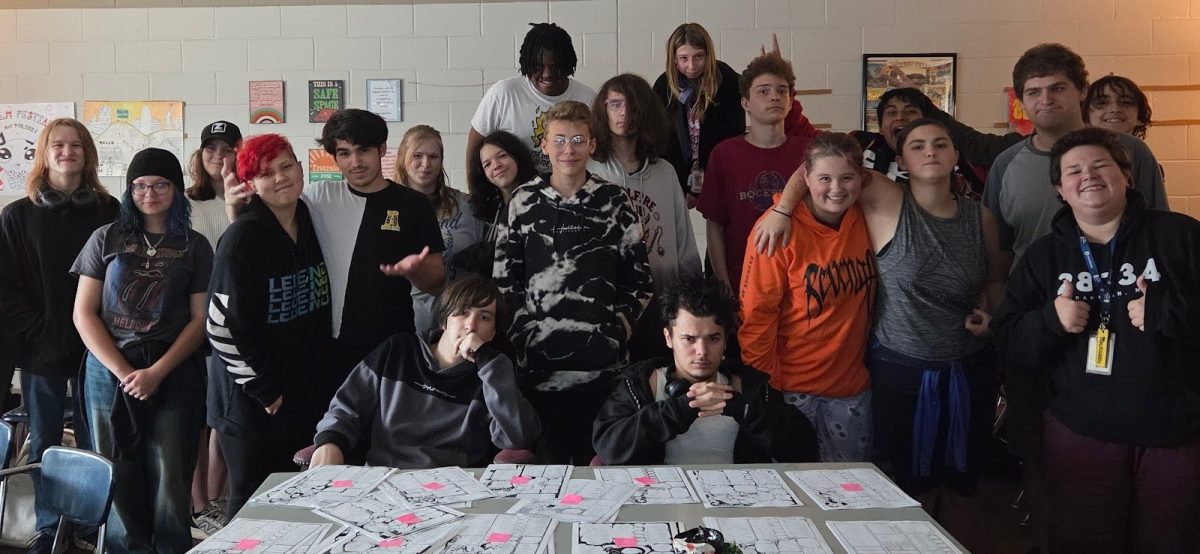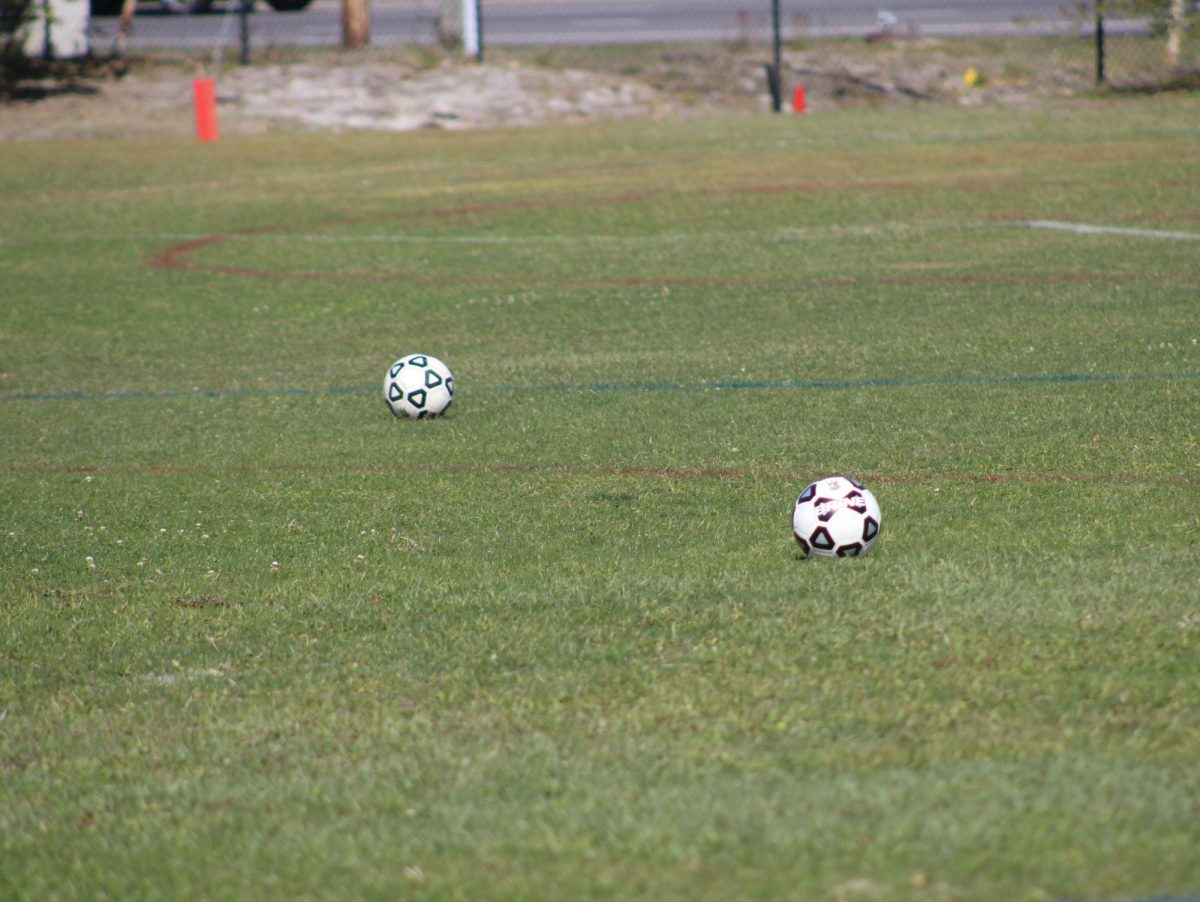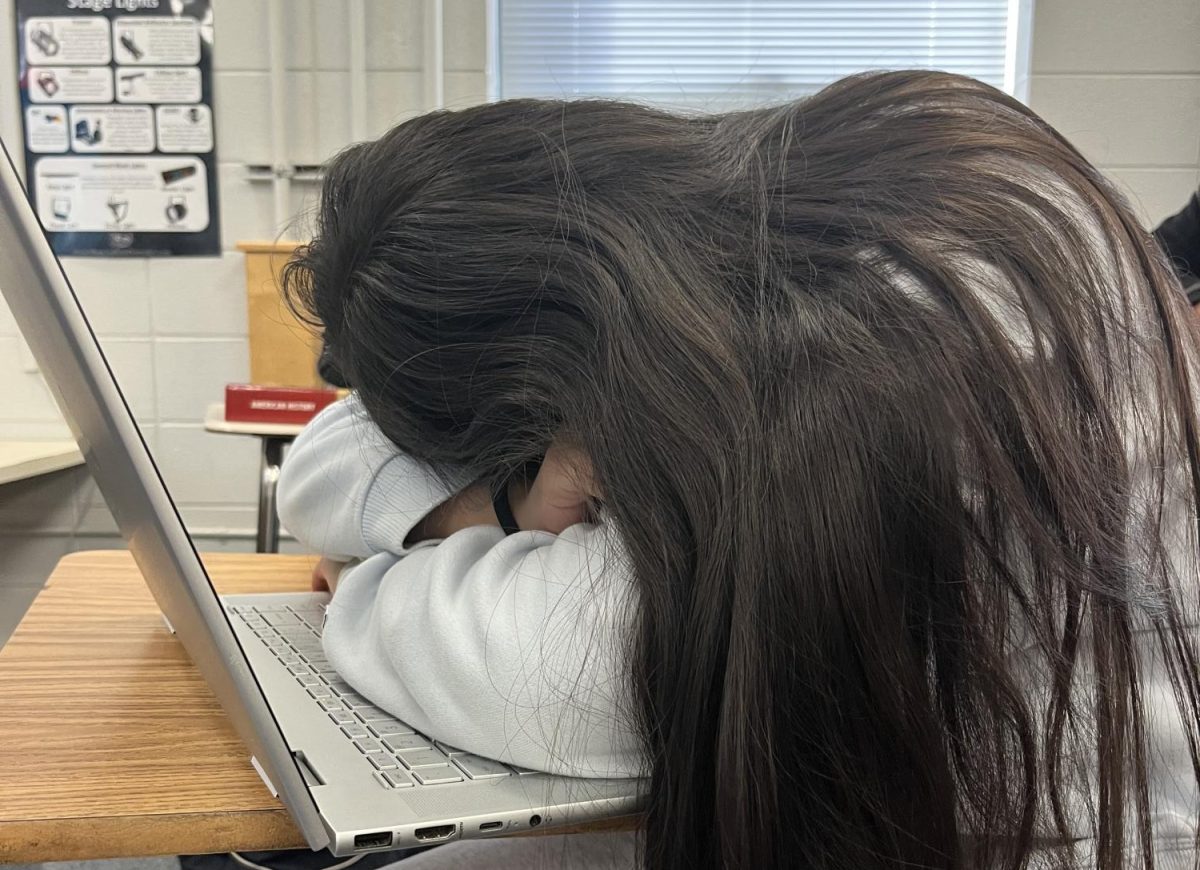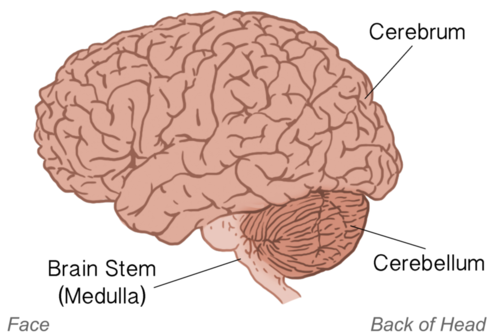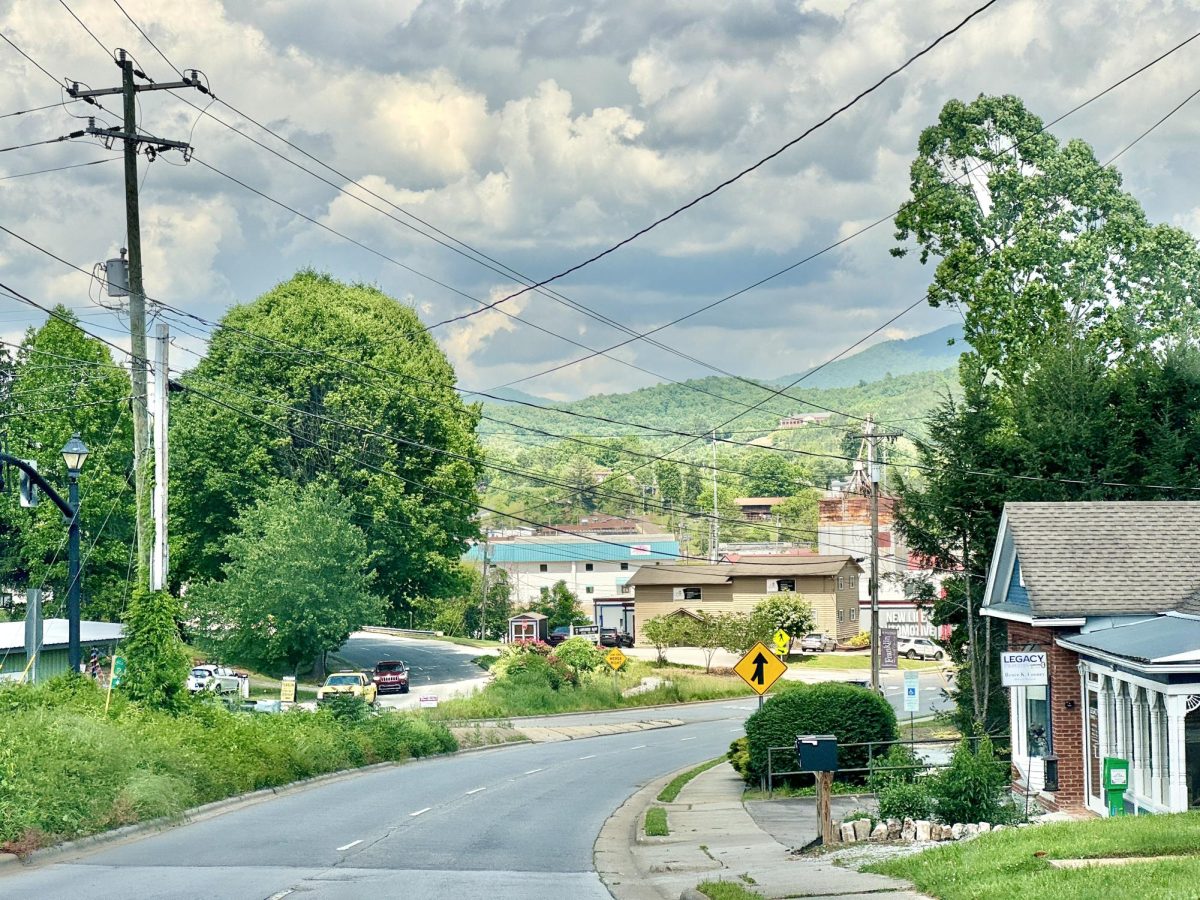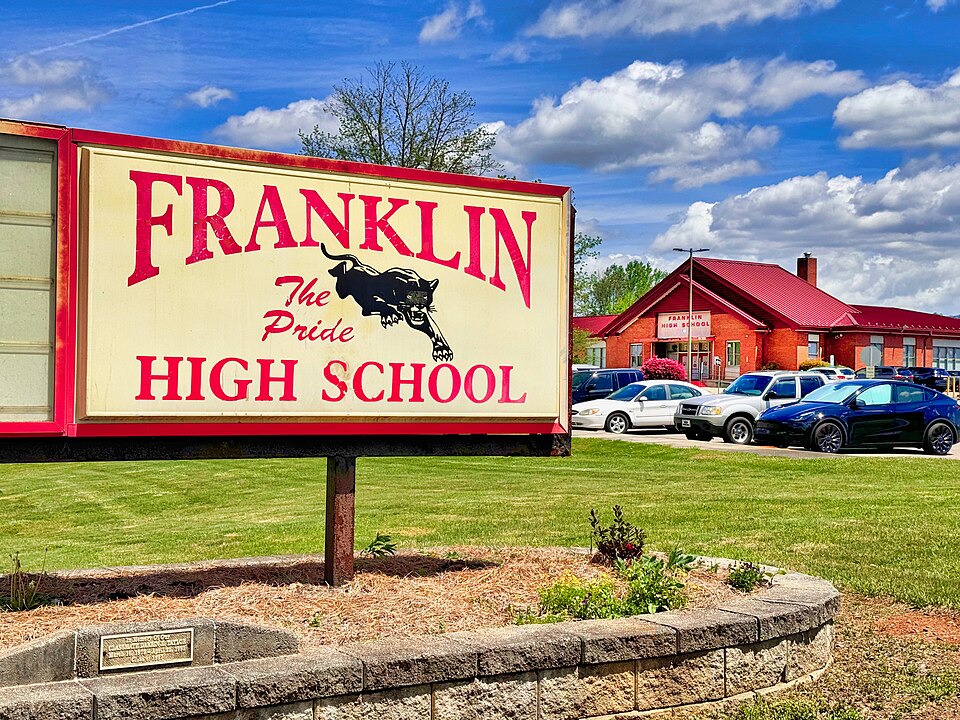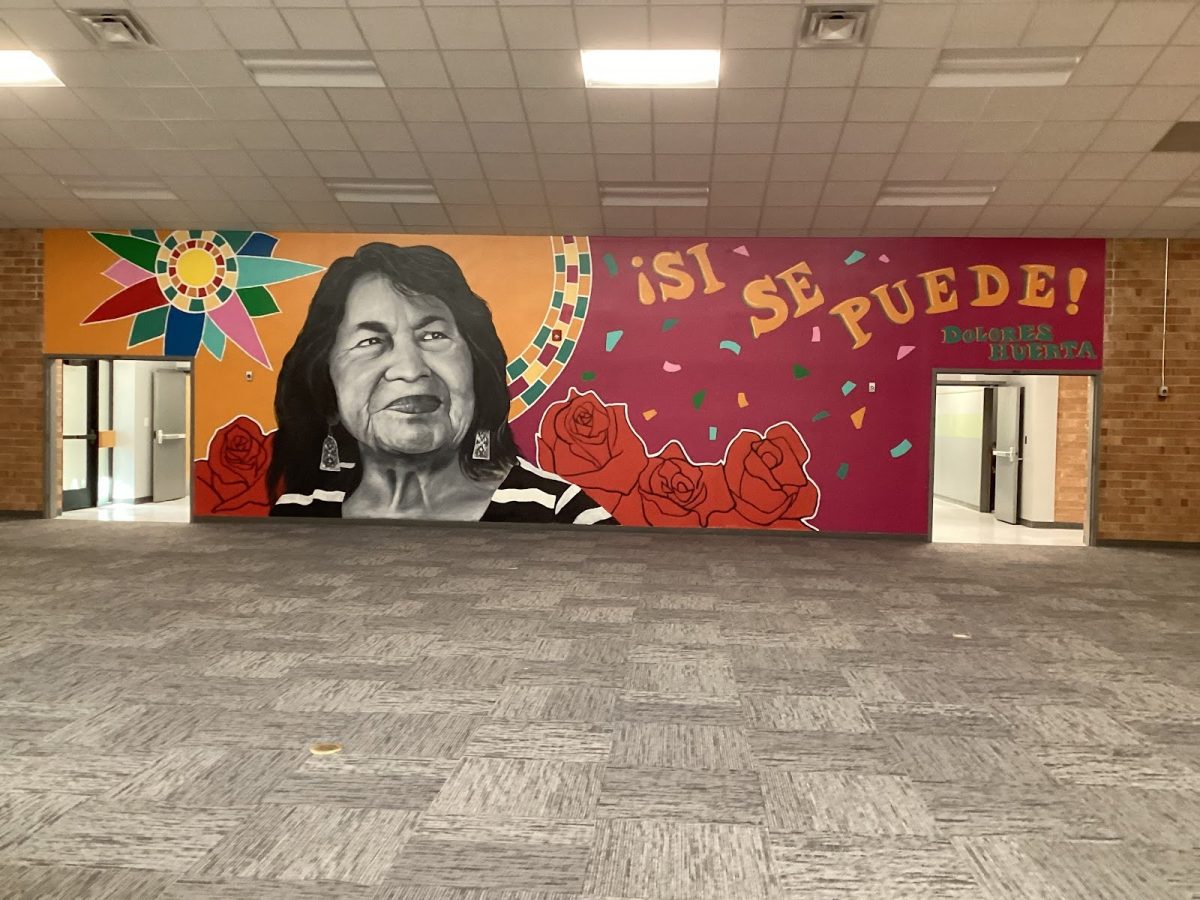I grew up as a “trailer park kid.” With that statement many images come to mind – often the stereotypes shown in movies or news headlines. Unfortunately, many of those are negative. My own images are filled with memories of always having someone to ride bikes with until dark, someone’s dog greeting you on the walk home, and potato candy every fall.
I didn’t realize how much my housing situation impacted how others viewed me until a classmate and fellow “trailer park kid” spoke up. In our English class, we were assigned to write about something that happened over the weekend. After sharing, our teacher would select an example to edit as a class.
“How come you never call on us to share?” my friend asked. I had never noticed, but he was right – she never called on any of us. “Many of your stories are inappropriate for school,” she replied. “No one can relate to them.” His response earned him a trip to the principal’s office. But it sparked something in me. I began noticing how often our experiences were excluded from the curriculum.
Budgeting assignments meant for families-of-four would be marked poorly despite being based on my family-of-five. Math problems solved with the help of the whole trailer park would be counted as wrong for “unapproved” methods. Many assignments were marked down due to unexplained reasons. I was learning that my lived experiences were not welcome in my education.
At the same time, education began alienating me from my family. Neither of my parents went beyond middle school. While they supported me, they were also very clear when they felt threatened or undermined by what school provided. Conversations about school faded and attendance at my school events became rare. The daily shift between school and home – avoiding ridicule from either side – became my norm.
When college discussions began, the question wasn’t if I wanted to go – it was of which life I was willing to sacrifice: the one with support from my family or the one that allowed me to follow my passions. It was a difficult decision, and one I did not take lightly when I decided to enroll into college.
During my undergraduate degree, I began realizing that others faced the same kind of alienation. Programs like GEAR-UP and McNair Scholars made me feel that my experiences deserved to be shared. Graduate school was where I was able to find my place and even more educators trying to adapt the curriculum to include low-income perspectives. Although progress is often slow, I am so proud to be a part of that change.
Advising is another small step towards this advocacy. Students should never feel forced to choose between their family and their education. They should feel proud sharing their “trailer park kid” memories and using them to guide their paths. Something as simple as meeting where they are with a financial term can shift a student’s, even a parent’s, view of higher education. Taking time to consider a students’ diverse background is crucial to their success. I hope to be a part of the change that eliminates the question my friend once asked: “How come I never get to share?”

